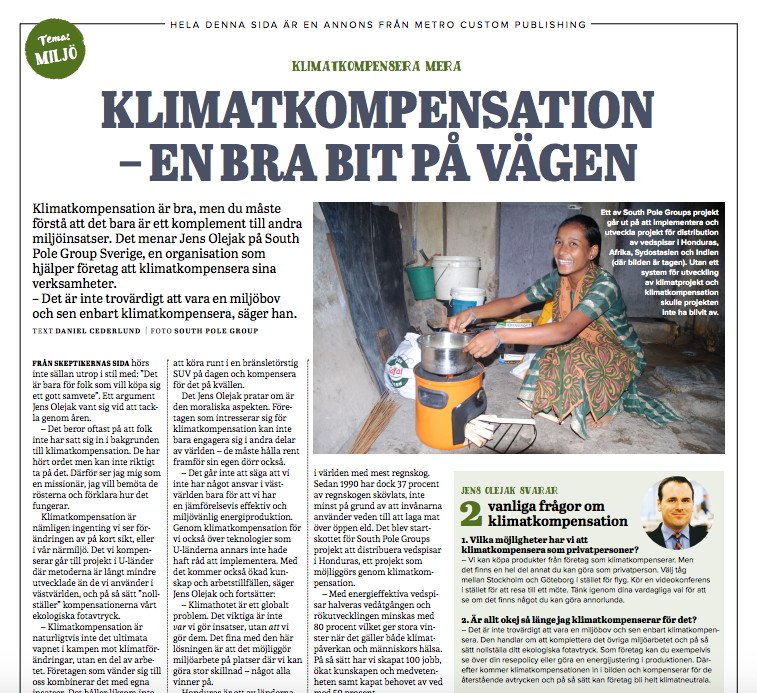Kategorien

Klimaschutz finanzieren und CO2-Zertifikate kaufen
Fördern Sie glaubwürdige Klimaschutzmaßnahmen und nachhaltige Entwicklung, indem Sie zertifizierte Klimaschutzprojekte auf der ganzen Welt unterstützen.

Kontakt South Pole
Setzen Sie sich noch heute mit uns in Verbindung und beginnen Sie Ihre Climate Joruney.


CO2-Zertifikate
Wählen Sie Klimaschutzprojekte, die zu Ihrem Markenprofil und zu Ihren Unternehmenszielen passen.

Verwalten Sie jetzt Ihre Emissionen
Unsere Plattform ermöglicht es Einzelpersonen und Organisationen gleichermaßen, ihre Emissionen zu messen, zu verfolgen und zu kompensieren.

South Poles 2024 Net Zero Report
Netto-Null: Stand der Klimaschutzmaßnahmen von Unternehmen

South Pole Blog
Gewinnen Sie von unseren hauseigenen Experten und Gastautoren neue Perspektiven und Einblicke in große Klimatrends.

South Poles 2024 Net Zero Report
Unternehmen schweigen zunehmend zu Nachhaltigkeitszielen.

Catching up with Climate
Bleiben Sie auf dem Laufenden: Nachrichten, Richtlinien und Innovationen im Bereich Klimaschutz.
